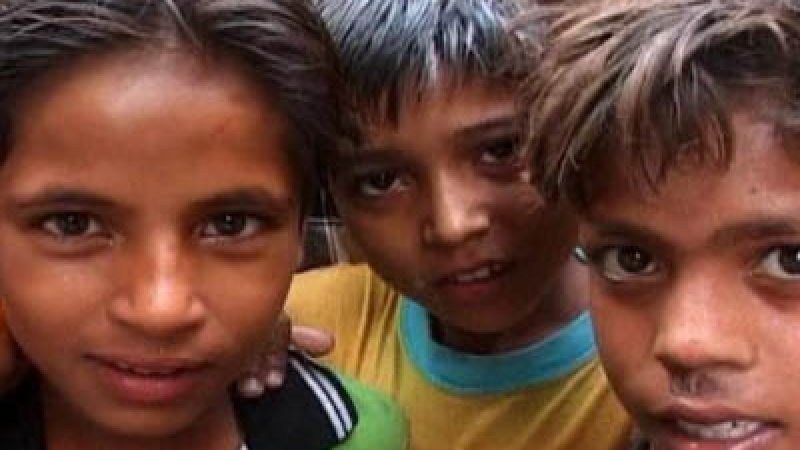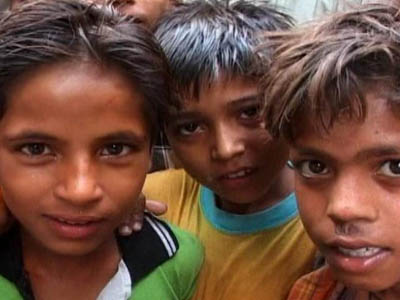
Child Labor In India Still Rampant Despite Ban

They play a vital part of the Indian workforce.
Despite efforts to stamp out child labour, more than 12 million children are forced to work for long hours with little or no pay.
The Sadar Bazar of Firozabad, in India’s northern state of Uttar Pradesh, is famous for its colourful glass bangles.
The bazar also serves as a child labour market, where youngsters – some no more than six or seven – are hired to make and trade bangles for under a dollar a day.
[Vikrantk, Child Worker]:
„I work in a bangle factory, working for eight hours and I earn 30 to 35 rupees (62 to 72 US cents) per day. I have no time for studies; I don’t have a choice.“
India employs more child labourers than anywhere else in the world despite a ban prohibiting children from working.
When challenged, authorities often deny that factory owners are flouting child labour laws.
[Madhur Singh, Asistant Labour Commissioner]:
„Well, I don’t know about that but if you’re saying, then I will check. Last year some children were found to be working in bangle warehouses, and basically they were in the testing units where the bangles are tested. I’ve seen them and I must tell you that they go to school, and after school they come and work for 2 or 2 and half hours.“
Child rights campaigners say this response is typical.
Critics claim a lack of political will, combined with poor investigative procedures and corruption, are responsible for failures in securing convictions.
The authorities say it will take time to change attitudes in India, where many people don’t see the age-old practice of employing children from poor families as a crime.
 (NTDTV)
(NTDTV)



![[Live] Magdeburg: Pressekonferenz mit Polizei und Staatsanwaltschaft](https://images-de.epochtimes.de/uploads/2024/12/THUMB-PK-Magdeburg-400x225.jpg)























vielen Dank, dass Sie unseren Kommentar-Bereich nutzen.
Bitte verzichten Sie auf Unterstellungen, Schimpfworte, aggressive Formulierungen und Werbe-Links. Solche Kommentare werden wir nicht veröffentlichen. Dies umfasst ebenso abschweifende Kommentare, die keinen konkreten Bezug zum jeweiligen Artikel haben. Viele Kommentare waren bisher schon anregend und auf die Themen bezogen. Wir bitten Sie um eine Qualität, die den Artikeln entspricht, so haben wir alle etwas davon.
Da wir die Verantwortung für jeden veröffentlichten Kommentar tragen, geben wir Kommentare erst nach einer Prüfung frei. Je nach Aufkommen kann es deswegen zu zeitlichen Verzögerungen kommen.
Ihre Epoch Times - Redaktion